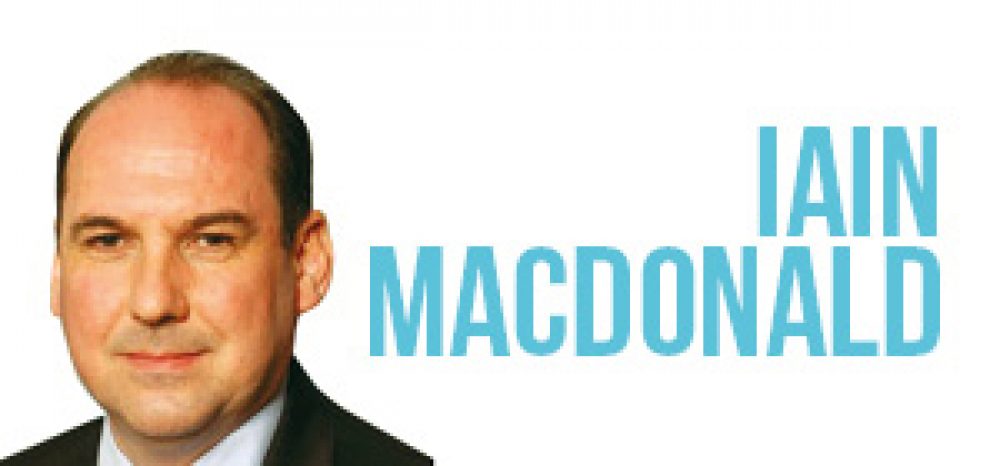How do you judge whether apprentices are truly prepared to qualify, and who decides? Iain Macdonald puts the case for an independent body.
Much has been said about apprenticeships over the last year and the debate came to a head last month with publication of the government’s Future of Apprenticeships in England: Implementation Plan.
What has been particularly heartening is the recognition that employers are central to the process and require more certainty that the apprenticeships they are offered are fit for purpose.
Building on the recommendations of the Richard Review, the government’s plan calls for apprentices to undertake an independent assessment of competence at the end of their training, where the industry determines appropriateness.
Coming from an industry where health and safety procedures are vitally important and operatives often work alone and unsupervised with hazardous equipment and procedures, this is something I fully endorse.
By placing the delivery of assessments in the hands of an impartial, industry-led body, employers eliminate the risk of commercial and other interests diluting the rigour of the assessment process
The assessment process that has applied to the electrotechnical industry since 1985 provides proof that the candidate is ready, willing and capable of applying what they have learned during their training in a set of structured assessment exercises intended to provide as near to a real-world scenario as possible before they finally qualify.
Such final assessments should be determined by industry and our experience has shown should preferably be delivered by an independent, non-profit organisation to ensure employers have access to an effective, neutral advocate in the development and maintenance of assessment standards.
The apprentice’s chosen industry should take the lead in determining the content, length and nature of the assessment exercises.
And employers should be demanding that the candidates demonstrate skills at qualification which they can deploy to the advantage of those that are sponsoring their training.
There would be three benefits to adopting this approach.
First, it would allow the companies from within an industry to agree the core competencies they need from their employees at qualification.
In turn, this would ensure the apprenticeship and the final assessment are broadly centred on developing and testing those competencies.
And finally, it would provide employers with a structure for developing their apprentice’s skills on site and a fair degree of certainty that once they have passed the final assessment, their trainee is truly work-ready.
But what about administering the assessment? I mentioned the need for an independent, not-for-profit custodian, created to represent the industry, and this is something I believe is crucial.
By placing the delivery of assessments in the hands of an impartial, industry-led body, employers eliminate the risk of commercial and other interests diluting the rigour of the assessment process.
Putting control of final assessments in the hands of training providers and FE colleges and others with a commercial interest in the outcome would not work as they will always be vulnerable to assertions that they have a conflict of interest.
If final assessments are conducted independently of training delivery then all parties to the apprenticeship can focus on developing and delivering a high quality apprenticeship experience capable of meeting the industry’s benchmarks and providing a steady supply of trained professionals performing to industry standards.
This approach would ensure the apprenticeship system across all industries continues to deliver high quality candidates to industries which are in need of skills.
Apprenticeships would move a step nearer to closing the quality gap perceived by many employers and others, such as universities; employers would be confident that they have an apprenticeship system in place which delivers the skills they will need in the future; and training providers could be confident they are delivering quality training that meets the needs of employers and industry.
And, by making independent assessment a part of the process, we can help protect and develop confidence in the apprenticeship brand, which will have the additional benefit of enhancing credibility and encouraging more participation.
Iain Macdonald, chief executive, National Electrotechnical Training, the independent training charity for the UK electrical installation industry









Your thoughts